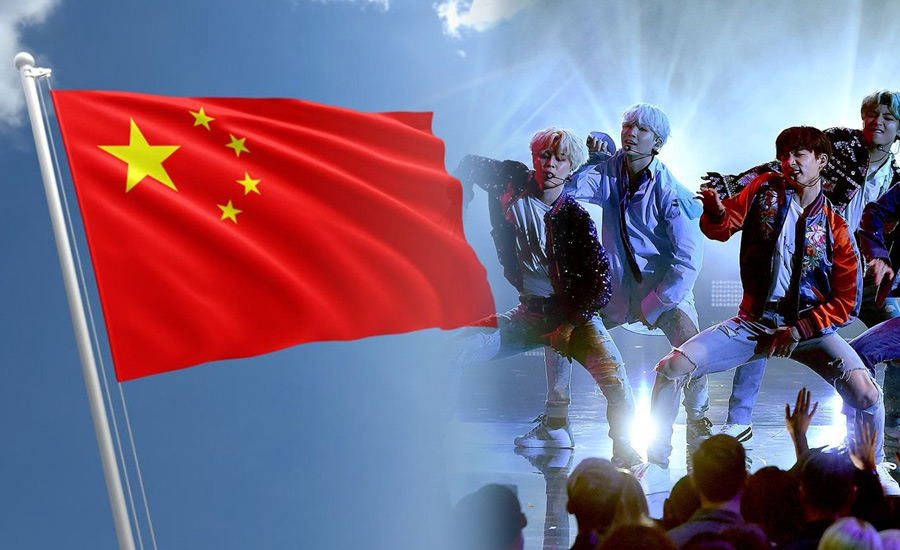

According to Deadline Magazine, China is preparing to lift its undeclared ban on South Korean films, K-pop, and TV series, potentially starting in May.
The report suggests that the easing of restrictions marks a shift in China’s “Wolf Warrior” diplomacy towards a more conciliatory “Smile Policy,” aimed at reducing anti-China sentiment worldwide.
This move could also be interpreted as a response to the instability of the current U.S. administration under President Donald Trump, who has threatened to impose tariffs on several countries. However, the U.S. president’s approach towards China remains unclear.
China began restricting the distribution of Korean music, films, dramas, games, and other forms of pop culture in 2016 following the deployment of the U.S. missile defense system.
Beijing has never officially acknowledged the ban. Since then, only a few Korean films and dramas have been released in Chinese theaters or on streaming platforms, and K-pop artists have been unable to perform in the country.
According to The Korea Economic Daily (KED), a senior official involved in China’s preparations for the 2026 Asia-Pacific Economic Cooperation (APEC) summit stated, “The Chinese government sees the need to strengthen cooperation with South Korea.”
The official added, “Starting next month, we will send a private cultural delegation to South Korea as the first step in expanding cultural exchanges. We aim to fully resume cultural cooperation in May.”
The ban has significantly impacted South Korea’s entertainment industry. A study by the KDB Future Strategy Research Institute found that Chinese restrictions cost the Korean industry $15.3 billion in 2017.